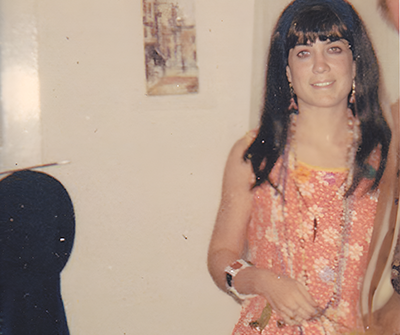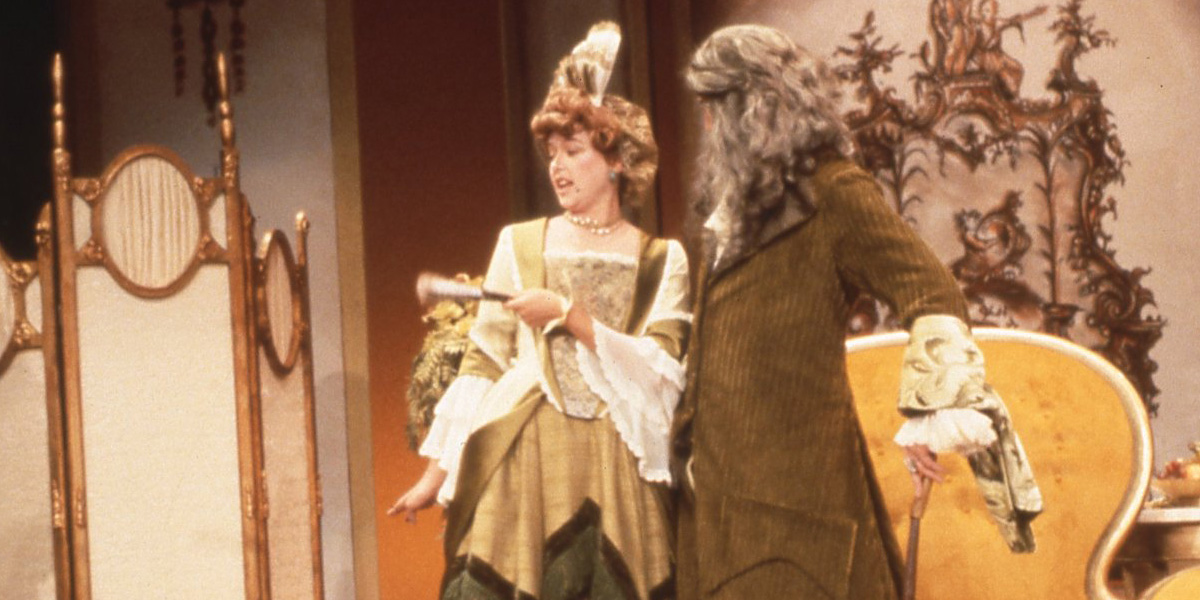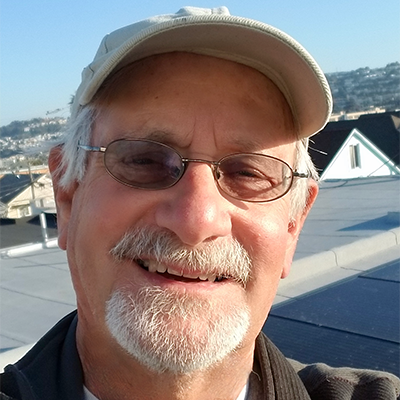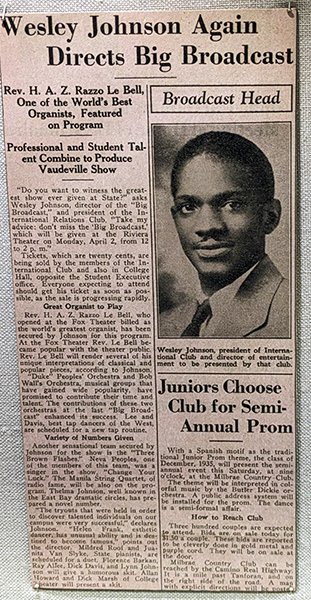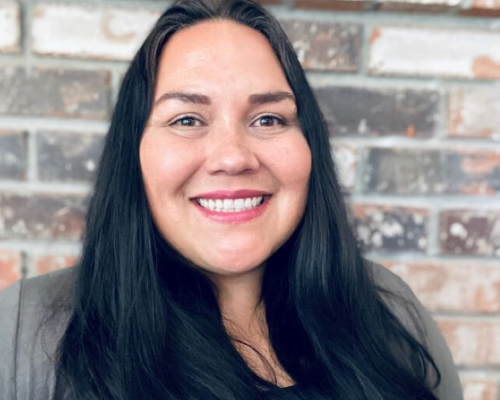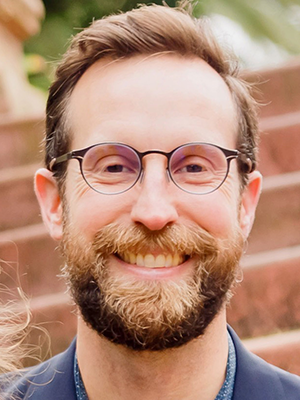‘The Future of the Ramaytush Ohlone’: SFSU alum designs posters for San Francisco bus shelters
Works by Marcelo Potosí honor the Indigenous peoples of the San Francisco Peninsula
Two years ago while attending San Francisco State University, Marcelo Potosí was reading an email from one of his instructors about an opportunity from the San Francisco Arts Commission and decided to apply. Now he is one of four artists featured in the commission’s Art on Market Poster Series devoted to the original peoples of the San Francisco Bay Area.
Potosí’s six posters, titled “The Future of the Ramaytush Ohlone,” are on display at 15 Muni bus shelters on Market Street between Seventh and Steuart streets through Friday, Feb. 28. Each poster centers a figure against a backdrop that depicts historical and cultural locations in San Francisco, enhanced with native plants and animals. The designs also include silhouettes inspired by historical paintings of the Ramaytush Ohlone, accompanied by text reflecting the Indigenous tribe’s cultural values and aspirations. The Ramaytush Ohlone tribe comprises the Native peoples of the San Francisco Peninsula.
“Marcelo Potosí’s artwork beautifully and masterfully intertwines the rich cultural history of the Ramaytush Ohlone with visionary ideals for the future,” said Ralph Remington, director of cultural affairs for the San Francisco Arts Commission. “Through his striking poster designs, Potosí honors the deep-rooted legacy of the Ohlone peoples, while urging us to envision and reimagine a future grounded in respect for the land, its original stewards and the environment.”
Potosí says he finds the Ramaytush Ohlone have much in common with his own Indigenous roots. He is a Kichwa-Otavalo person from Ecuador.
“They are dedicated to giving back to the land and protecting it from pollution. This is also something we honor back in Ecuador,” said Potosí (B.A., ’24), who works as a freelance graphic designer. “By creating this poster series, I was trying to show the goals that the Ramaytush Ohlone have, and also just to let people know who the original peoples of this land were.”
At age 15 in 1991, Potosí and his late father, a merchant who visited the U.S. frequently, arrived in New York City. After six months living and working there, Potosí moved to San Francisco with a one-way cross-country ticket on Greyhound. He hasn’t moved from San Francisco since.
At the time he still was beginning to learn English, working his way through a wide range of customer service and office jobs. He earned an associate’s degree from City College of San Francisco in 2003 but didn’t enter SFSU until 2021.
He immersed himself in the University’s School of Art, gaining a great deal of valuable skills and knowledge in printmaking, drawing, exhibition design and art history. “Every class was amazing,” he said.
A class in Latin American art history was particularly inspirational.
“That class was also really valuable because we went over art from Mexico and South America, and it introduced me to artists that are from South America,” he said. “By looking at their art I felt very connected to my roots and made me explore more about what South American art means. It motivated me to explore more art produced by Indigenous people and their beliefs and their connection with the Earth.”
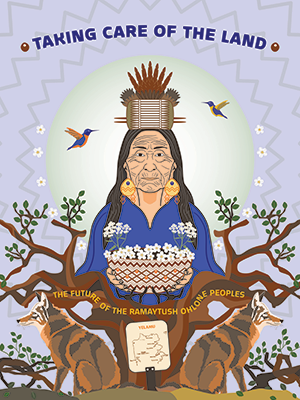
Image credit: courtesy of the San Francisco Arts Commission
